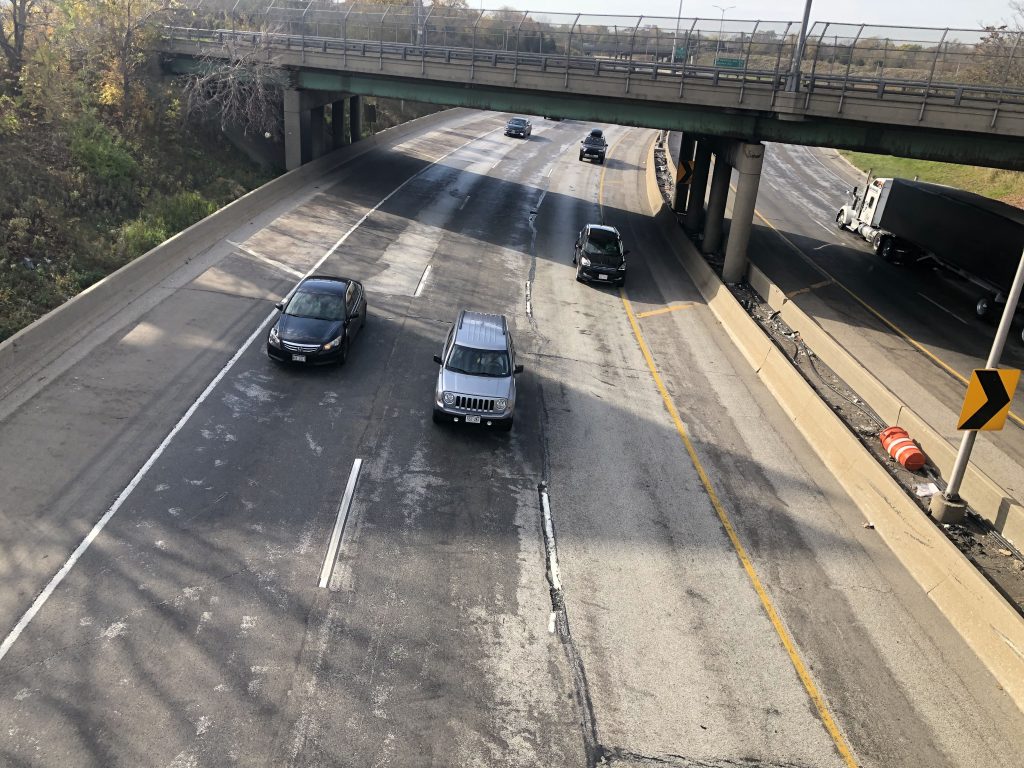Cost of Driving Fueling Inflation Numbers
All the city news you can use.
Every day at The Overhead Wire we sort through over 1,500 news items about cities and share the best ones with our email list. At the end of the week, we take some of the most popular stories and share them with Urban Milwaukee readers. They are national (or international) links, sometimes entertaining and sometimes absurd, but hopefully useful.
The cost of driving is leading inflation numbers: The Bureau of Labor Statistics released numbers showing that inflation was up 7% year over year, the highest jump in the last 39 years. But looking deeper into the numbers, Jeff Davis at Eno Center found that driving had a large influence on the overall increase. All auto-related expenses, which make up 14% of consumer expenditures in the index, were up 23% from December 2020 to December 2021. (Jeff Davis | Eno Center for Transportation)
Impacts of an $11B subway line: Planning has begun for the Ontario Line, a 15.6 km subway line in Toronto, a project first proposed in 2019 under Doug Ford. Unlike previous transit plans that have sat on shelves forever, this one has been going forward at fast pace. As big projects do, this has meant opposition from neighborhoods, dis-information, and furious campaigns from the transit agency and advocates. (Nicholas Hune-Brown | Toronto Life)
Fort Worth’s river vision gets federal funding: Fort Worth Texas will be able to move forward with big plans for its river district after the project’s flood control project received federal funding. The project was stalled during the previous administration, but will now move forward. The $403m for the flood control project will allow the downtown to double, creating 12 miles of developable waterfront and 800 acres of space for 29,000 more jobs. (John Henry | Fort Worth Magazine)
The future of cities is underground: Instead of growing up, Helsinki is growing down and is the first city anywhere to publish an underground city plan. That planning will be needed if cities want to build underground infrastructure and networks in the future that aren’t conflicting and more sustainable than above-ground development. We won’t see complete underground cities, but certain facilities like movie theaters and shopping malls might be a better fit for below ground construction. (Neil Martin | University of New South Wales)
Moving the capital of Indonesia: Indonesia, the fourth largest country in the world by population behind China, India, and the United States, has voted to move its capital out of the fast-sinking city of Jakarta on the island of Java and into a plot on the island of Borneo. The new capital, slated to cost $32 billion, will be named Nusantara, a Javanese word for archipelago, representing the collection of islands that make up the country. (Sammy Westfall | Washington Post)
Quote of the Week
“At the same time it relieves everybody else of responsibility they have for improving safety, including DOT. You can’t simultaneously say we’re focused on a ‘safe system’ approach — making sure everybody who shares responsibility for road safety is taking action to eliminate fatalities and serious injuries … and have a 94% number out there, which is not accurate.”
National Transportation Safety Board chair Jennifer Homendy to the Associated Press on how a statistic saying that 94% of traffic deaths are driver error is very misleading.
This week on the podcast, we’re joined by Shannon Mattern who talks with us about her new book, “A City is Not a Computer: Other Urban Intelligences.”
Want more links to read? Visit The Overhead Wire and signup.
If you think stories like this are important, become a member of Urban Milwaukee and help support real, independent journalism. Plus you get some cool added benefits.
Urban Reads
-
Congestion Pricing Cuts Air Pollution in New York City
 Dec 14th, 2025 by Jeff Wood
Dec 14th, 2025 by Jeff Wood
-
We Think We Love to Drive. But Do We Really?
 Dec 7th, 2025 by Jeff Wood
Dec 7th, 2025 by Jeff Wood
-
Can Scott Wiener Tackle America’s Housing Crisis?
 Nov 23rd, 2025 by Jeff Wood
Nov 23rd, 2025 by Jeff Wood






















